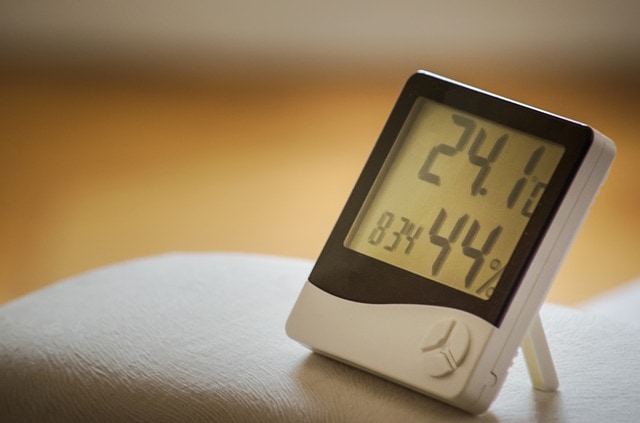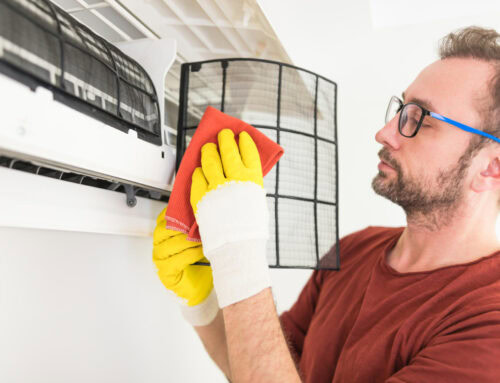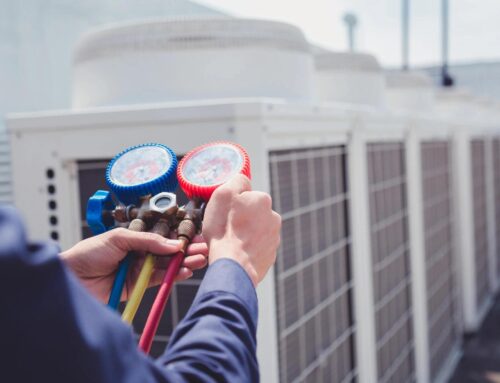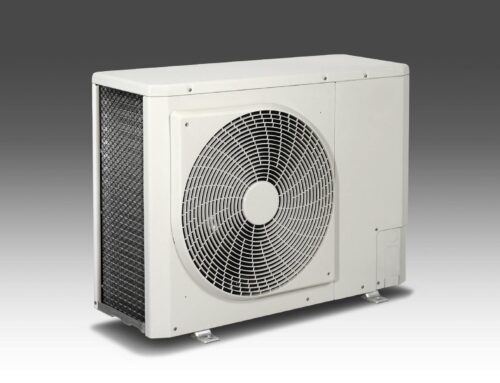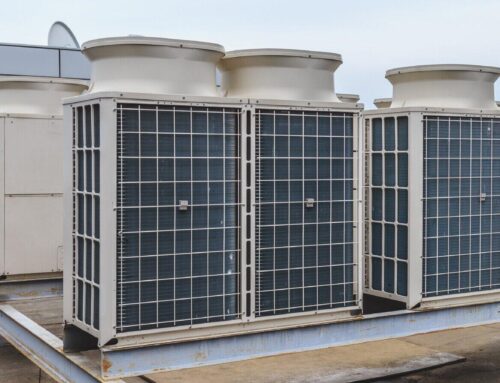You already know an air conditioner can help you cool off, but it serves another important function. It can act as a dehumidifier, helping remove moisture from the air.
Air humidity can impact your quality of life in plenty of different ways. It can affect your health, the integrity of your home, and your personal comfort.
Read on to learn all about the effects of humidity and how to control it.
The Optimal Level of Humidity
Humidity is measured in a percentage. It denotes how much moisture is present in the air.
Winter is generally a drier season, so the level of humidity should be lower. Humidity around 35% is ideal, as it won’t cause condensation on your windows.
Summer weather can cause humidity levels to rise, but you won’t need to worry about condensation in the warm summer temperatures. For this reason, humidity levels up to 60% are acceptable.
A few devices can monitor your home’s humidity levels. A smart thermostat can keep track of it easily.
If you don’t have one, consider installing a humidistat. It works similarly to a thermostat.
Effects of High Humidity
High humidity is a humidity level over 60%. It can have plenty of adverse effects on you and your home.
Thermal Comfort
High humidity can make a home uncomfortable. The interior air will feel heavy and sticky. Your sweat also won’t evaporate as easily, which reduces your body’s ability to regulate its temperature.
Interior Damage
Humidity can also contribute to damage in and around your home. It can affect furniture, paint, wallpaper, and flooring. You’ll notice minor cosmetic issues at first, but the damage can quickly progress.
Poor Indoor Air Quality
High levels of humidity can also contribute to health problems that stem from poor air quality. Humid homes are more likely to develop mold, mildew, and dust mites. All of these things can negatively impact your health.
Effects of Low Humidity
High humidity isn’t the only thing to worry about. Low humidity, or humidity levels below 35%, can also cause issues.
Health Problems
Low humidity can cause a few different health issues. It can contribute to asthma flare-ups, worsen cold symptoms, and cause bloody noses.
Comfort
Low humidity can also affect your comfort. Winters will feel much colder in a drier home.
Damage
Like humid air, dry air can also damage many things around your home. Wooden items are the most affected, and dryness can cause them to warp or crack.
Managing Air Humidity
Some homeowners find that their HVAC system is enough to regulate the humidity levels in their home, but many need additional help.
The most common way to reduce humidity is by installing a dehumidifier. These appliances pull air over a refrigerated coil. Moisture condenses on the coil, creating less humid air.
If you find your home is too dry, you can attach a humidifier to your furnace. It will add the necessary moisture to your air. For the best results, you’ll want to work with a professional HVAC service when you have one installed.
An HVAC Team You Can Count On
Monitoring your home’s level of air humidity is important. It can affect your air quality, health, and comfort.
The good news is that air conditioners, humidifiers, and dehumidifiers make humidity control easy.
Looking to install a humidity controller? Sewell Electric & HVAC is ready to help. We’ve served Franklin and Williamson County for over 70 years and have the experience and skills to handle all kinds of HVAC jobs.
Reach out to schedule an appointment today.

